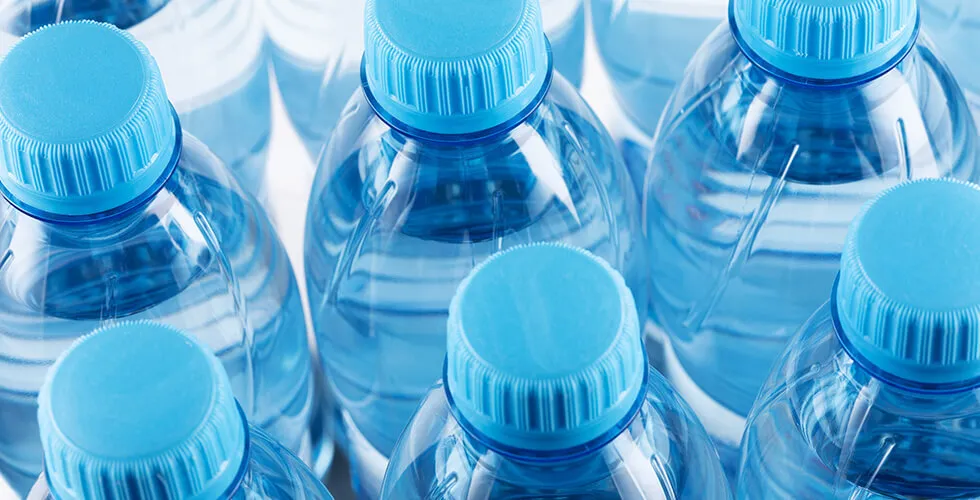
Plastic bottles may be more than just convenient—they might quietly risk your health. Emerging research raises alarms about microplastics’ impact on the human body, particularly their potential link to high blood pressure and heart health.
Plastics are deeply embedded in our daily lives, from packaging to water bottles. But as these materials break down, they release microplastics—tiny particles less than 5mm in size—that can enter our food, air, and water. Once inside the body, these particles have been detected in blood, organs, and even placental tissue.
A small but concerning study out of Austria suggests a possible connection between microplastic exposure and elevated blood pressure. Researchers observed eight healthy adults who replaced bottled water with tap water for a month. Over that period, some participants—especially women—experienced a noticeable drop in diastolic blood pressure, a key marker for heart health.
The culprit? Plastic water bottles. These everyday items may leach microplastics into the liquids we drink. Once in the bloodstream, these particles may trigger inflammation and hormonal disruption, potentially interfering with cardiovascular function. Although the study was small and further research is needed, the findings hint at a risk many of us unknowingly take.
Even glass containers weren’t completely free of microplastic contamination, suggesting the problem is widespread and complex. While researchers call for larger-scale studies, their early message is clear: limiting plastic exposure might benefit your heart.
Given the prevalence of hypertension and its role in heart attacks, strokes, and other serious conditions, it’s worth paying attention to. If switching from bottled to filtered tap water could reduce your risk, it may be time to rethink your daily habits. Your heart might thank you.

